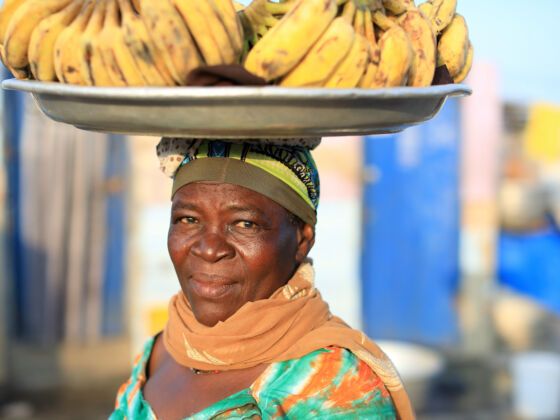I’m having one of those days — actually no, one of those weeks. A Ghana week.
Now for most Ghanaians, a Ghana week is just that: a week in Ghana. But in our expat family, a Ghana day (or week!) is synonymous with frustrations up to your eyeballs. All the shine has gone off, it’s not exotic, or adventurous, or fun. It’s routine, it’s hot, it’s boring. You just feel worn down, pissed off, too tired for anger, and frustration simmers constantly.
